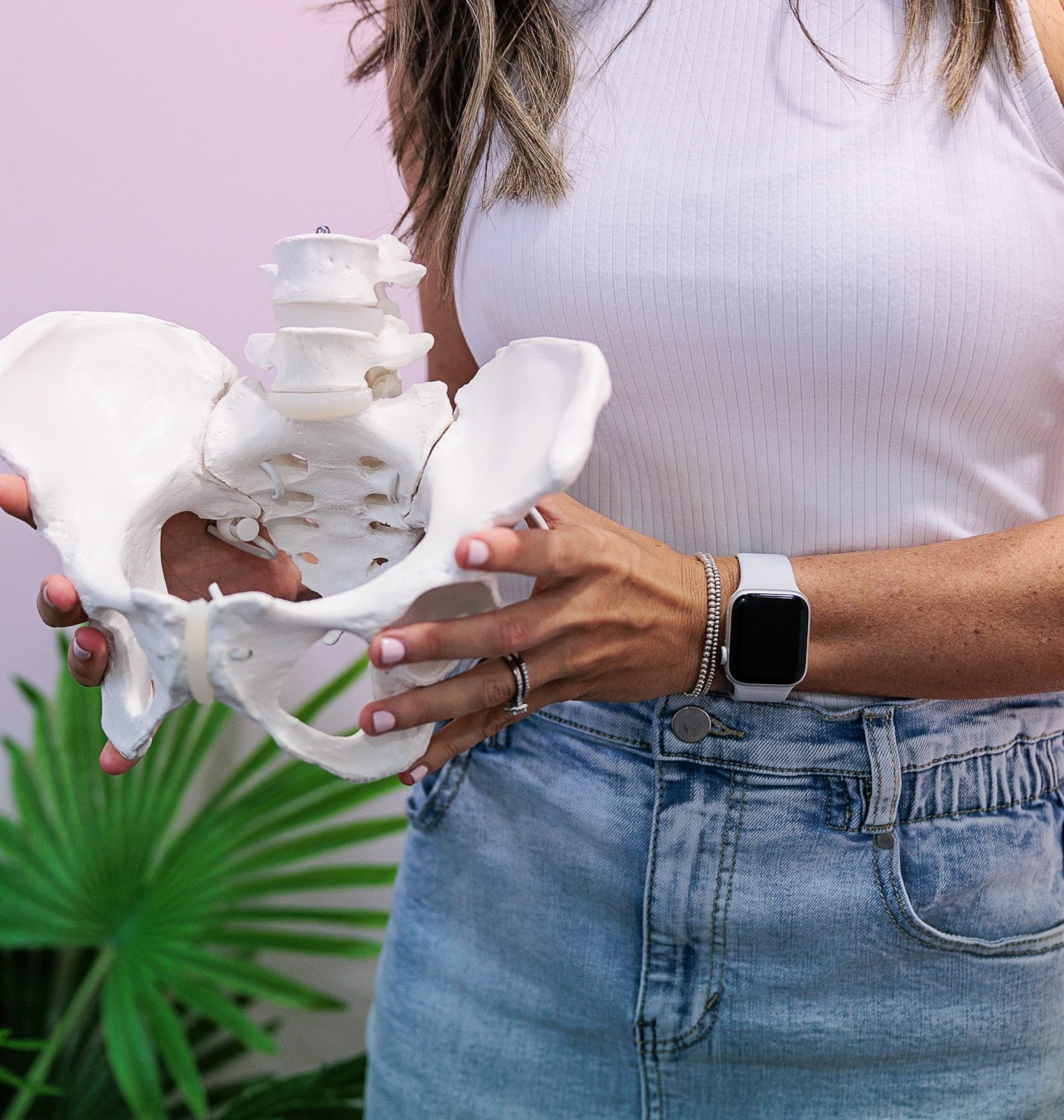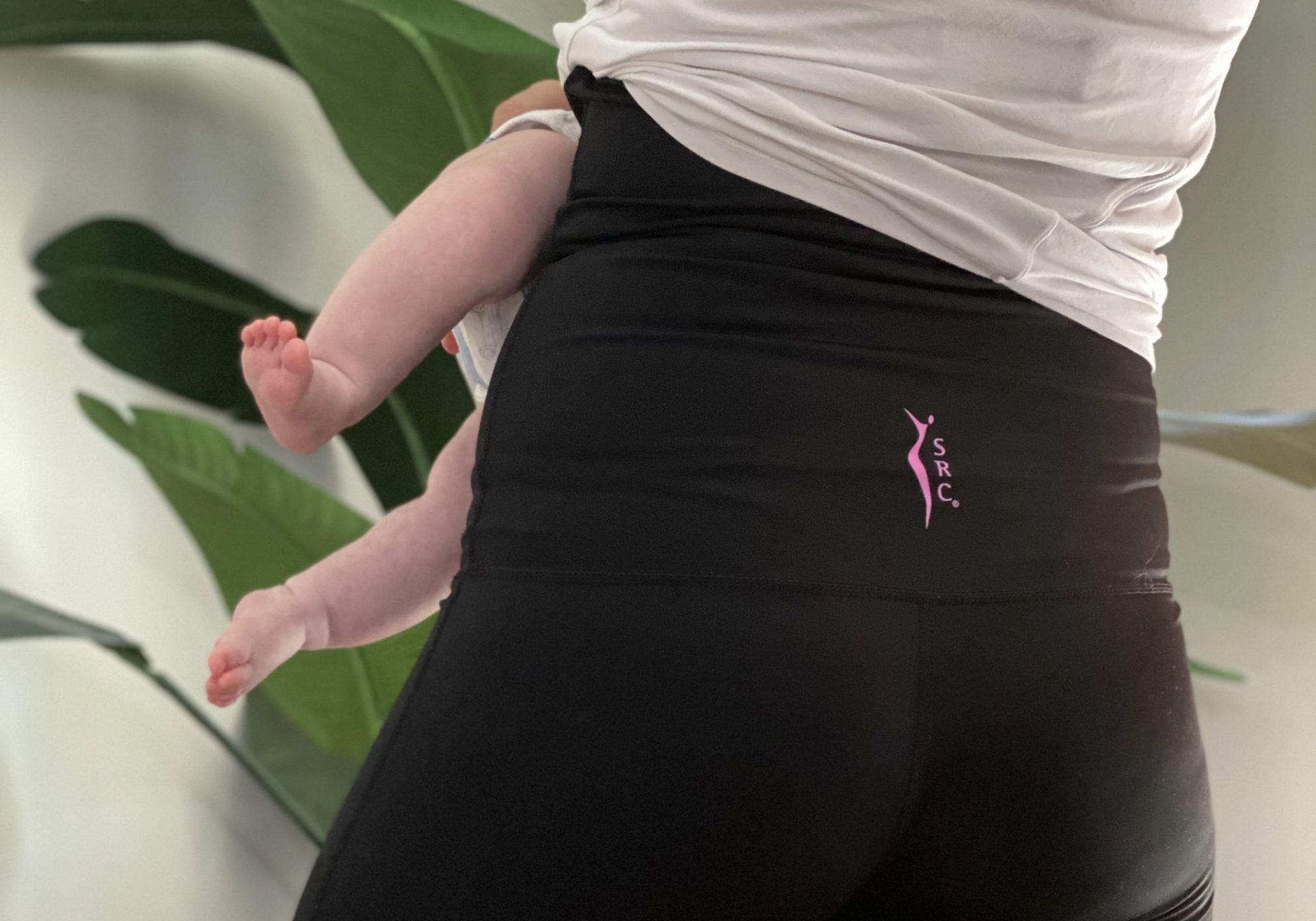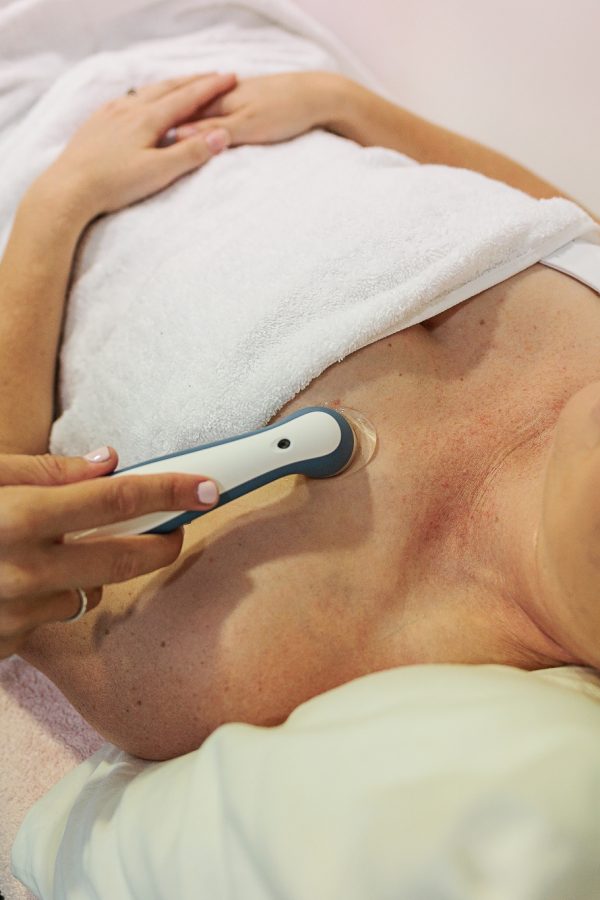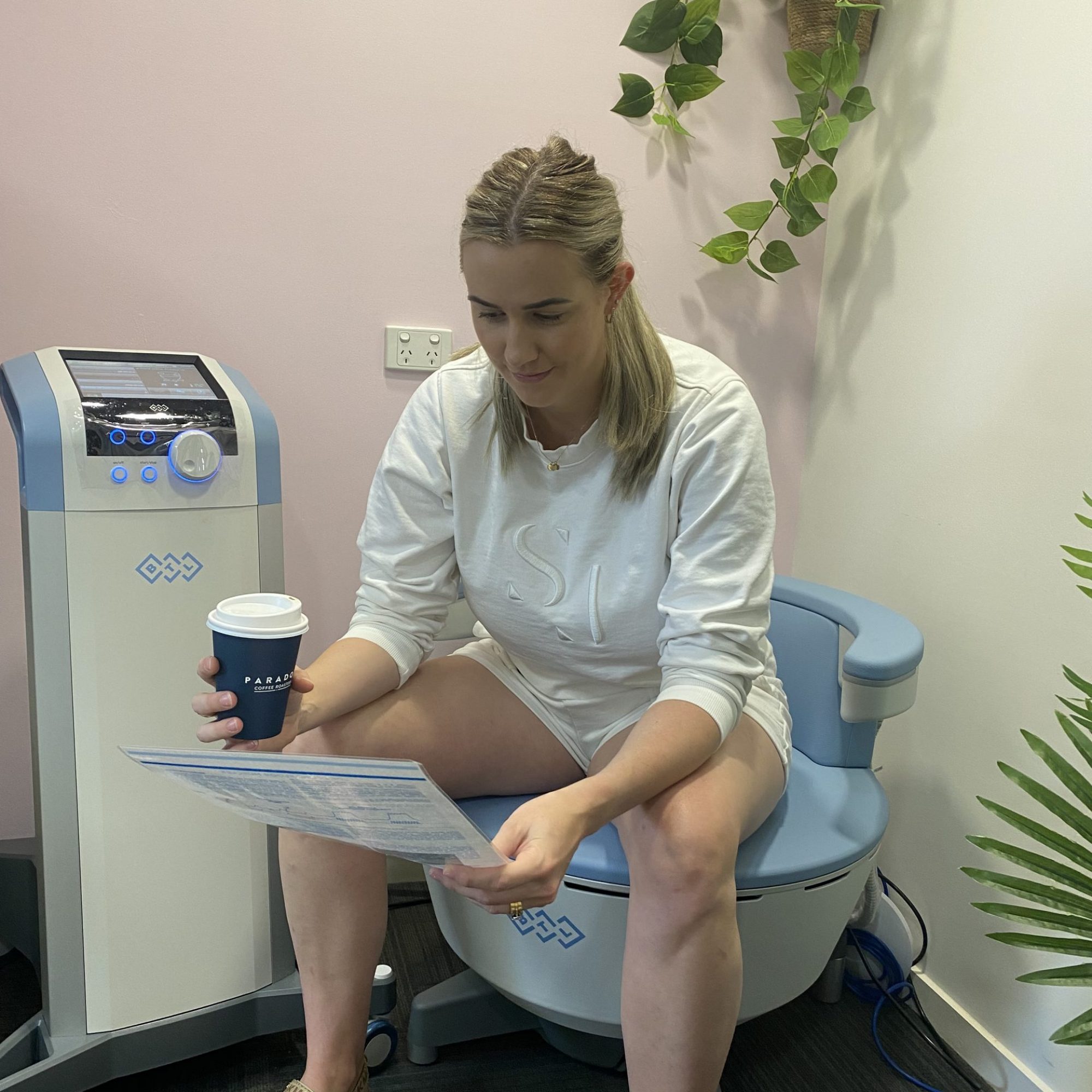There is so much more to pelvic floor health care than simply doing ‘kegels’.
The pelvic floor is a complex structure made of muscles, fascia and nerves that essentially forms the “floor” or base of your pelvis. Just like any other muscle, the pelvic floor can become weak, or even too tight, both of which can result in bothering symptoms. We are here to help address what is contributing to your symptoms and make an individualised treatment plan for you.
Common pelvic conditions we treat;
WHPM understands that patients may be survivors of birth trauma, violence and/or abuse. We want to assure you we treat each individual with respect and kindness. We want each patient to feel safe during their appointment, and we will always explain, discuss, answer questions and gain your informed consent prior to any recommended assessment and treatment. We understand patients may be uncomfortable with the nature of the visit, so please reach out if you have any questions prior to your appointment either by phone or email.

During pregnancy and birth, the body goes through significant physical and hormonal changes. These might include;
These changes affect many body systems, so it’s no wonder the body can feel a “not quite right” during this relatively quick changing period. The great news is that there is so much that can be done to prevent symptoms, and treat areas of discomfort or pain.



We stock SRC garments, Belly Bands and tubigrip ready for mums who need extra support.

Breastfeeding is one of the most beneficial things a mother and baby can do, so supporting mums through the troubles of breastfeeding is vital.
Mastitis is an inflammatory condition of the breast which is associated with redness, pain and fever. Nearly 1 in 5 breastfeeding mothers are affected by mastitis, usually occurring in the first 12 weeks post birth. Mastitis should be treated promptly to prevent serious complications in conjunction with a GP.
Lauren is also a IBCLC (Internal Board Certified Lactation Consultant), who won’t just be able to assist with the treatment of mastitis or blocked ducts, but look for the cause or reason for it occurring, so it doesn’t reoccur.

Ways we can help your breastfeeding journey:


Emsella is a great treatment option for men and women who have been diagnosed with a weak pelvic floor or who need to strengthen this area in order to address a pelvic health condition, such as incontinence or sexual dysfunction.
Emsella is a painless, non-invasive treatment designed to strengthen the pelvic floor muscles, with results experienced after just one session.
Emsella is a breakthrough treatment that can help with a wide range of health conditions in men and women. From incontinence to sexual dysfunction, Emsella can help you break free of the pain and discomfort caused by a weak pelvic floor, so you can move forward with more confidence.
The revolutionary Emsella Chair uses high-intensity focused electromagnetic energy (HIFEM) to rapidly connect and improve pelvic floor strength.
The Emsella Chair has been shown to not only increase strength in the pelvic floor muscles but also improve the mind-body connection, enhancing outcomes and accuracy with a home training program.

The Emsella Chair boosts the performance and activity of the pelvic floor muscles. By providing contractions that are stronger than what you can achieve with pelvic floor training alone, you can see pelvic floor strengthening results much faster.
Here are some common signs that may indicate you have weak pelvic floor muscles or a problem in this area:
If you’re experiencing any of these symptoms, make an appointment with Women’s Health Physio Mackay. We can assess your pelvic floor and determine a suitable treatment plan, which may include Emsella sessions.
Am I a suitable candidate for Emsella?
Emsella is a great option for women and men seeking to strengthen their pelvic floor muscles. To determine whether Emsella is the right course of action for you, we’ll start by conducting a physiotherapy assessment. If we identify that you have a weak pelvic floor or would benefit from strengthening this area, we’ll advise you on how to get started with Emsella.
Additionally, to use Emsella you also need to have no pelvic metal implants (including, but not limited to copper IUD or hip replacements), no heart condition and currently not pregnant.
How long does Emsella treatment take?
A typical session in the Emsella chair takes 28 minutes. Research suggests most people will need around six sessions, which will be scheduled twice a week.
What do I need to do before my Emsella appointment?
You’ll be emailed a questionnaire to complete before the appointment.
Please come to the appointment in comfortable clothing.
What Does Emsella Treatment Feel Like?
Emsella is non-invasive and pain-free. You’ll simply experience some tingling and pelvic floor muscle contractions during the procedure.
What happens after my session?
The good news is, you can resume your usual daily activities immediately after your treatment, there is no down time required.
Following the prescribed sessions, you’ll need to continue to do your individualised pelvic floor exercise program.
How long does it take to see results ?
Emsella can give you noticeable results after a single session. Improvements will generally continue over the next few weeks.
How do I get started with Emsella?
Firstly, we will need to assess you so we can check whether Emsella is a suitable treatment option for you. Make an appointment with Women’s Health Physio Mackay or simply give us a call to have a chat.
How much does Emsella cost?
Single sessions are $195. There is an option to purchase 6 sessions for $1,350.